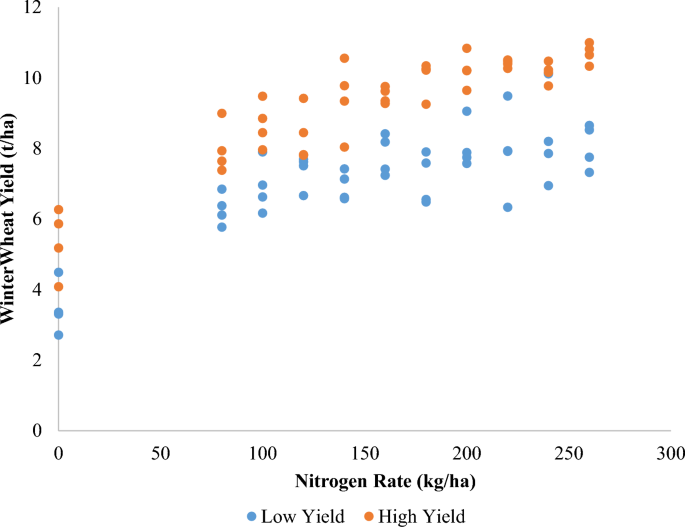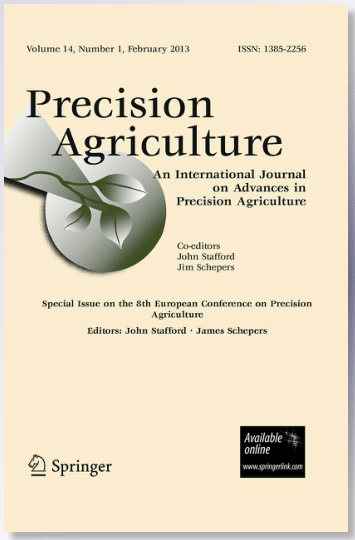Finding economic optimum fertilizer rate with good accuracy is essential for optimal crop yield, efficient resource utilization, and environmental well-being. However, the prevailing incomplete understanding of input-output relationships leads to imprecise crop yield response functions, such as those for winter wheat, and potentially biased fertilizer choices. From a statistical point of view, there is uncertainity with regards to which model is most suitable to estimate the economic optimum fertilizer rate. This complexity is amplified when considering site-specific nitrogen fertilization, which factors into elements like soil attributes, topography, and crop variations within a field, as opposed to uniform application. This study undertakes a comparative analysis to evaluate biases, variance, mean squared errors and confidence intervals in Economic Optimum Nitrogen Rate (EONR) estimations across different functional forms. The goal is to uncover performance discrepancies among these forms and explore potential advantages of adopting model averaging for optimizing nitrogen use in crop cultivation. The results of simulations reveal noteworthy biases when comparing diverse yield functions with the averaged model, particularly evident in the Linear-Plateau and Mitscherlich models. Moreover, analysis of empirical data indicates that confidence intervals for the averaged model overlap with the projected ranges of all functions. This implies that the averaged model could be suitable for determining EONR and effectively address the problem of model specification without focusing on one specific functional form. The effectiveness of model averaging hinges on incorporating models that well approximate the true model. However, even if the true model is not known, the average model can provide reasonable information for determining the EONR, provided that similar model specifications are considered. This has implications for modelling of yield response for various applications and can contribute to unbiased estimations of yield response.



